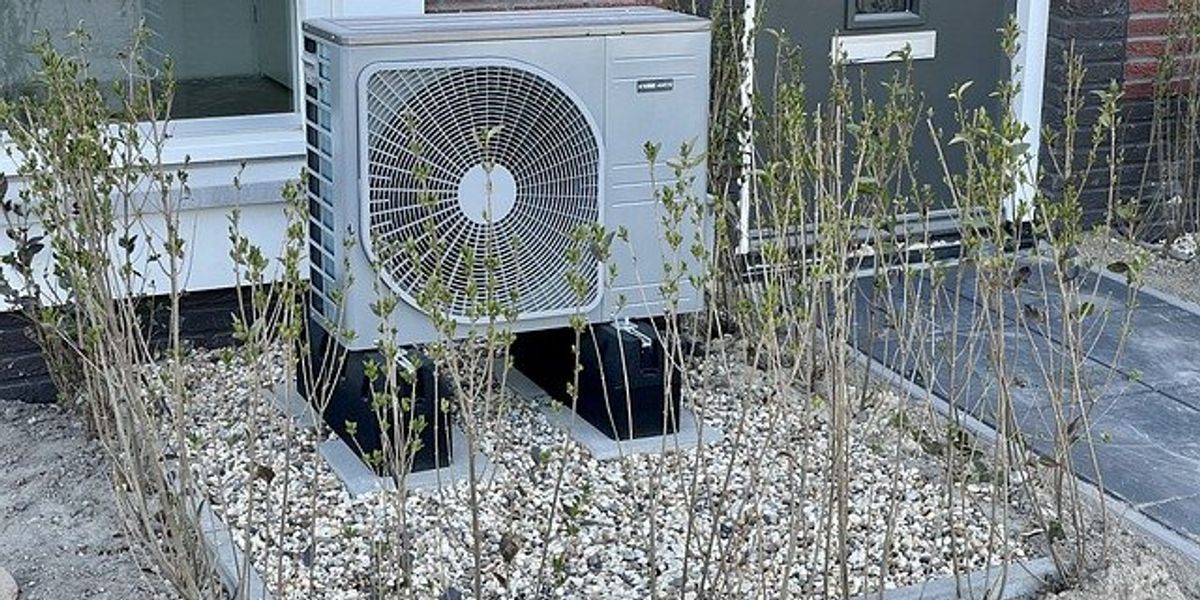ozone pollution
Drilling in Permian Basin linked to high ozone levels in New Mexico park
Oil and gas drilling in the Permian Basin is causing excessive ozone pollution at Carlsbad Caverns National Park, a new study reveals.
In short:
- The study found summer ozone levels at Carlsbad Caverns frequently exceed EPA health standards, linking this to increased drilling in the Permian Basin.
- Researchers identified oil and gas extraction as major contributors to high ozone levels, with nitrogen oxide emissions from drilling operations being significant.
- The study suggests electrified, grid-powered drill rigs could help mitigate ozone pollution.
Key quote:
"Our measurements confirm that activity such as drilling and natural gas flaring is a major driver of the high ozone levels we see."
— Andrey Marsavin, PhD candidate, Colorado State University.
Why this matters:
Ozone pollution can cause asthma and other health issues and harm crops and ecosystems. Understanding its sources helps in developing strategies to protect both human health and the environment.
Air pollution's destructive impact on moth pollination
Car exhaust byproducts are disrupting moth pollination by degrading the floral scents essential for attracting these nocturnal pollinators, according to a new study published in the journal Science.
In short:
- Air pollution, particularly ozone and nitrate radicals from car exhaust, impairs moths' ability to locate evening primrose flowers by altering the flowers' scent.
- This reduction in pollination could significantly affect the reproduction of plants reliant on nocturnal pollinators, with broader implications for ecosystems and human food security.
- Despite the challenge, reductions in these pollutants since the 1980s show potential for improvement through further environmental protections and shifts to greener energy sources.
Key quote:
"Pollinators play a huge role in community ecology; they’re critical for the fitness of plants. If you affect that, then you’re going to have ecosystem-wide impacts."
— Jeff Riffell, co-senior study author and a biology professor at the University of Washington
Why this matters:
This research points to the complex ways in which pollution interferes with essential biological communications and the broader ecological balance.
Colorado's move against ozone pollution
Colorado's latest regulations to curb ozone pollution from the oil and gas industry are drawing mixed reactions, with some praising the effort and others arguing it falls short.
In short:
- Colorado's Air Quality Control Commission has approved new rules requiring the oil and gas industry to reduce nitrogen oxides emissions, a major contributor to smog.
- Critics, including environmental groups, argue these measures are insufficient for meeting federal air quality standards and fail to adequately protect highly polluted communities.
- The regulations are part of Colorado's state implementation plan, mandated by federal law, to align with the Environmental Protection Agency's air quality goals.
Key quote:
"We have to work extra hard to reduce ozone pollution because of the state’s topography, but we are up to the task."
— Michael Ogletree, director of the Colorado Department of Public Health and Environment's Air Pollution Control Division.
More Top News:
Visit Environmental Health News for the latest breaking news on environmental health and climate change.
| BigStock Photo ID: 446330165 |
| Copyright: JStuij |
A loophole in the Montreal Protocol lets U.S. facilities pollute
| BigStock Photo ID: 446330165 |
| Copyright: JStuij |
A loophole in the Montreal Protocol lets U.S. facilities pollute
| BigStock Photo ID: 446330165 |
| Copyright: JStuij |

















